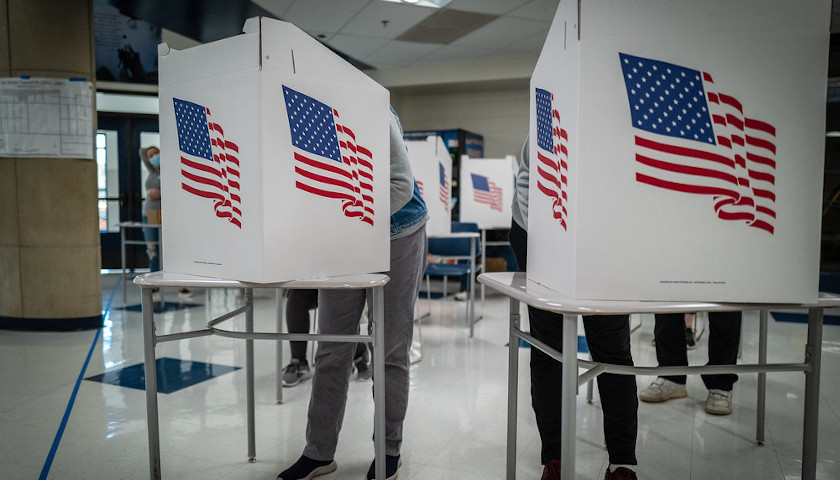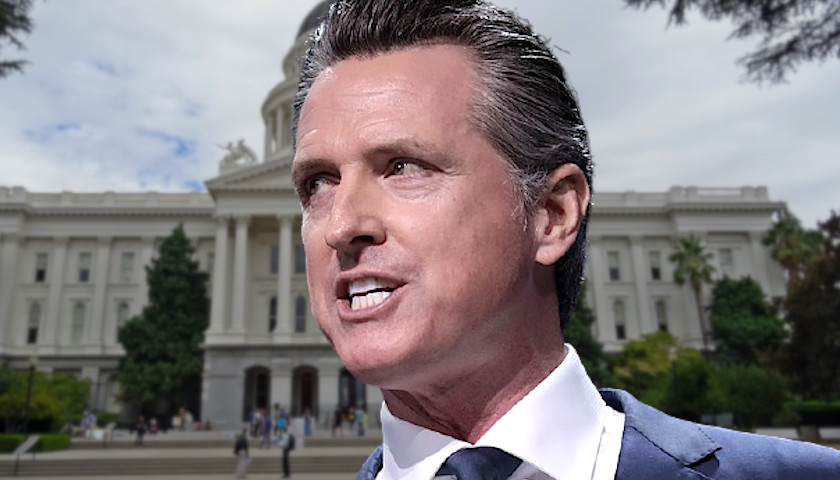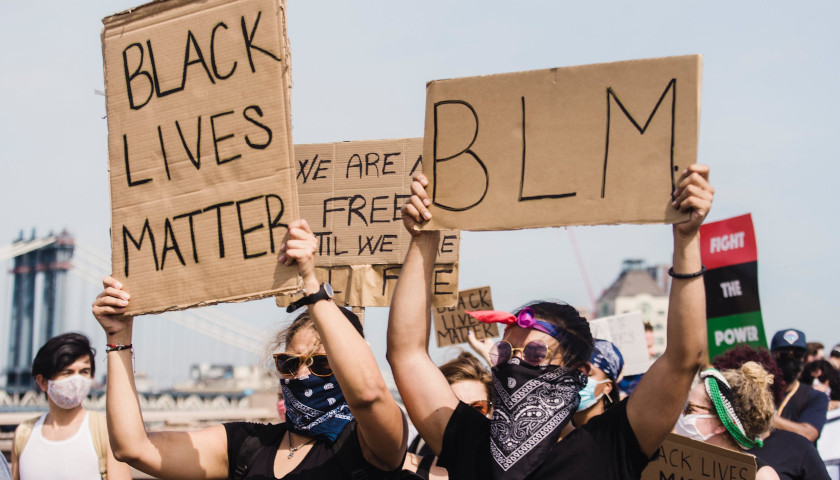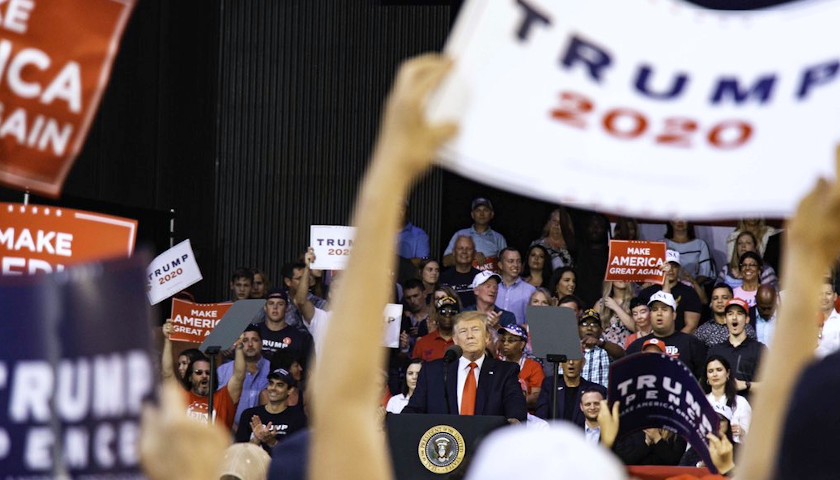One of the largest takeaways from Trump’s unexpected success in 2016 – and the inability of pollsters to accurately predict the support he earned in both 2016 and 2020 – is that Trump has continuously appealed to Americans who are less politically engaged.
Adding to the issue, is that Americans with lower political engagement are also generally harder to recruit into political surveys to share their opinions. We see this theme repeatedly, with low propensity voters, especially first-time voters, being much more likely to support Trump than highly active voters. At the same time, lower frequency voters are much harder to reach in polls before election day.
Read the full story





